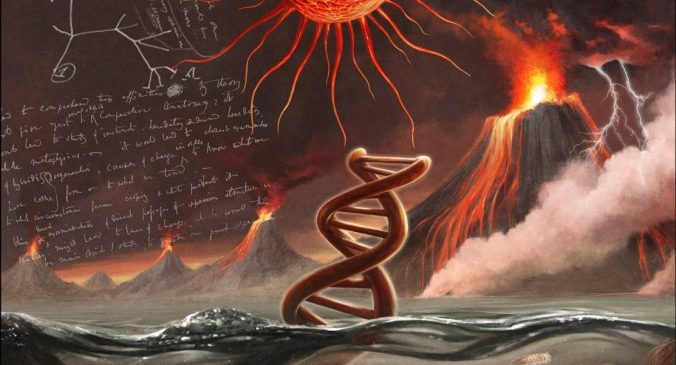Aim:
To develop a holistic approach to understand cancer from experimental to empirical research.
Objective:
By capitalizing on a panel of specialists working on cancer/ecology/evolution using different, yet complementary approaches (mathematics, cell biology, evolutionary biology, and behavioural ecology) our objective is to understand the role of cancer in ecological and evolutionary processes.
Backgorund:
Oncology as a scientific field has, until now, developed in relative isolation from ecological and evolutionary sciences. This is unfortunate because links between these disciplines have the mutual potential to reveal new perspectives and lines of research.

For instance, while cancer is traditionally considered as a distinct pathology from a medical point of view, interdisciplinary approaches reveal that it is instead an unavoidable dynamic phenomenon governed by evolutionary principles and ecological relationships.
This is not a semantic problem, but rather a fundamental necessity to transform our understanding of cancer, its origin, the possible ways to control neoplastic progression and, probably most importantly, to prevent therapeutic failures. Similarly, while ecologists have ignored oncogenic phenomena, their roles on ecosystem functioning could in fact be significant due to carcinogenesis influencing individual competitive and dispersal abilities, susceptibility to pathogens and vulnerability to predation.
Despite recent progress towards greater convergence and dialogue between scientists working on oncology, ecology and evolutionary sciences much remains to be done to achieve full integration of these disciplines.
In summary, the scientific objective of the Cancer in Ecology and Evolution International Associated Laboratory is to join efforts toward understanding the ecological and evolutionary consequences of cancer in ecosystems. By combining approaches on different biological models, we expand the perspective of our understanding to various ecological and evolutionary scales. This LIA project aims at filling an important gap in ecology and evolution, exploring a research direction never explored before.